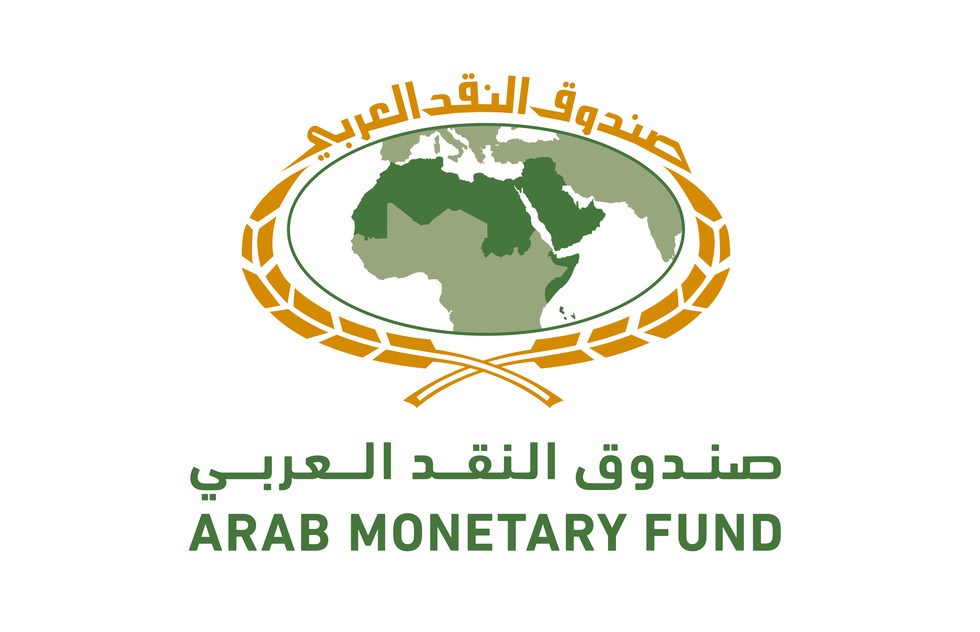We use cookies to ensue you get the best experience on our website

- Arab countries are developing open infrastructures, encouraging data sharing to extend the innovation capacity of the financial sector
- The Arab Open Banking market is expected to grow by 25% annually over the next five years. Open Finance is projected to nearly double the growth of Financial Inclusion by 2027
- Credit Scoring Services, Customer Onboarding, Digital Lending, Digital Identity Verification, BNPL are among use cases of Open Banking/ Finance
- Regulatory framework can involve a definition of OB, the scope of data to be shared, types of participants in the OB ecosystem, data access and sharing requirements, the operational and technical requirements
- Governance scheme for the implementation of the OB/OF, framework for Application Programming Interfaces (APIs), and standardization of APIs are crucial regulatory pillars
- Policy makers can foster Open Banking adoption by targeted awareness campaigns, educational programs, and competitions on the use of open APIs
- Consultation and deep dialogue with stakeholders are key for successful adoption
The Arab Monetary Fund (AMF) issued today Friday, 20 October 2023, guidelines for an “Effective Open Banking/ Finance Adoption”, produced by members of the Arab Regional Fintech Working Group (WG). The guide is issued under the framework of the Fund's endeavours to support Arab central banks in their journey to adopt an effective framework for Open Banking/Finance schemes.
The "Guidelines for an Effective Open Banking/ Finance Adoption" explores the landscape of Open Banking/Finance in the Arab region, highlighting key developments and associated challenges in several Arab countries, including Jordan, UAE, Bahrain, Saudi Arabia, Iraq, Oman, Palestine, Kuwait, Egypt, and Morocco.
It also deeps dive into global regulatory frameworks surrounding Open Banking/ Finance, best practices from leading jurisdictions, requirements and prerequisites for adoption, challenges in deployment, lessons learned from global adoption, and recommendations for a successful implementation.
An effective Open Banking/Finance regulatory framework takes into consideration diverse aspects to provide a sound foundation for the Open Banking ecosystem. These include a definition of Open Banking, types of participants, the scope of data to be shared, data access and sharing requirements, consent mechanism and informed consent, data security, identifying the regulated Third Party Providers (TPPs), access to TPPs, licensing of diverse services providers, operational and technical requirements, consumer safeguards, governance scheme for the implementation of the Open Banking/Finance framework and Application Programming Interfaces (APIs), standardization of APIs, as well as standardization of contractual terms with non-regulated entities.
To embrace Open Banking/Finance, authorities need to incorporate in the respective Open Banking/Finance framework the required aspects to govern customer data sharing, if not sufficiently addressed in the data protection law, in order to meet the Open Banking/Finance context.
Authorities can leverage the potential of Open Banking and APIs to deploy several use cases, including account aggregation, credit scoring services, digital identity verification, remote customer onboarding, digital lending, personal financial management, account-to-account payments for large purchases, as well as Buy Now Pay Later (BNPL) arrangements.
Moreover, policy makers can foster Open Banking adoption by targeted awareness campaigns and educational programs, sharing use cases and knowledge gained, as well as competitions on the use of open APIs in the industry.
The guidance note draws some lessons learned from global experiences, stressing that most Open Banking regulations have been released after consultation and deep dialogue with stakeholders.
The note provides a step-by-step and practical guide, along with the concerned stakeholders, outlining the key considerations and actions needed to establish successful Open Banking/Finance frameworks. It also highlights that Open Banking/Finance framework should be tailored according to each country’s specific conditions, its financial digital infrastructure, levels of readiness and progress, as well as respective legal and regulatory frameworks.
Commenting on the guide, His Excellency Dr. Abdulrahman Al-Hamidy, Director General Chairman of the Board of Arab Monetary Fund, praised the initiatives of the Arab Reginal Fintech WG in issuing guidelines and policy notes and providing advice to the relevant authorities in the areas of fostering digital financial services, supporting innovations and access to formal financial services. H.E wishes that this guide can serve as valuable insights for Arab countries in implementing efficient Open Banking/Finance frameworks. Finally, H.E stressed on the importance of the ongoing cooperation of the Arab Reginal Fintech Working Group with all relevant stakeholders.
You can download the Guide by clicking on the following link.